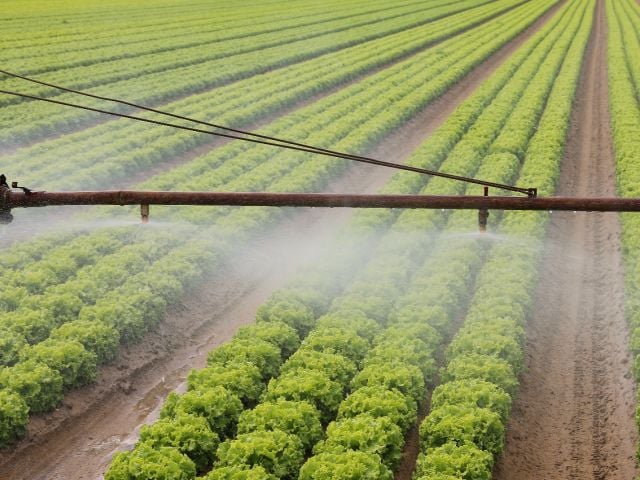WASHINGTON – Yesterday, the Congressional Budget Office released “baseline” projections for mandatory Department of Agriculture farm and food programs in the 2023 Farm Bill, which members of Congress will use to begin Farm Bill negotiations.
As these discussions begin in earnest, the Environmental Working Group urges officials to preserve funding for vital conservation and anti-hunger programs like the Supplemental Nutrition Assistance Program, or SNAP, and view with skepticism demands for increases in farm subsidies.
“Put simply, the largest and most successful farmers, who receive the lion’s share of farm subsidies, are already doing great,” said Scott Faber, EWG Senior Vice President for Government Affairs. “Between 2019 and 2022, taxpayers showered farmers with an astounding and unprecedented $110 billion.
“And although farmers’ expenses – like everyone’s – have increased over the past few years, soaring crop and livestock prices have ensured that net farm income has also steadily increased to a record-setting $163 billion in 2022,” said Faber.
Not all farmers have enjoyed these record subsidies or economic windfalls. The largest farmers enjoyed 2021 household incomes of nearly $2 million, according to the USDA. Nevertheless, the top 10 percent of subsidy recipients received almost 80 percent of all commodity subsidies between 1995 and 2021, and almost 60 percent of all crop insurance subsidies between 2012 and 2020.
Meanwhile, mid-size family farms – which reported far less income from farming and relied far more on off-farm income to make ends meet – typically received less than $10,000 in such subsidies, if they received any subsidies at all.
EWG urges lawmakers to place limits on farm subsidies, including lower payment limits and strict eligibility tests. EWG also urges Congress to cut subsidies to insurance agents and companies.
“Unlike anti-hunger assistance programs, which are subject to strict annual eligibility tests, farmers can receive subsidies year after year, regardless of their wealth or how long they’ve already been getting them,” Faber said.
EWG this week found nearly 20,000 farmers who received commodity subsidies for 37 straight years. By contrast, most SNAP recipients rely upon anti-hunger assistance for less than one year. SNAP spending is expected to fall after rising during the Covid-19 pandemic.
“As Congress renews the Farm Bill, lawmakers must protect important conservation programs that can help address climate change and anti-hunger programs that help feed more than 40 million people – including millions of elderly people, disabled people and children,” Faber said. “We should not shower more subsidies on the largest and most successful farmers at the expense of hungry people or the environment.”
###
The Environmental Working Group is a nonprofit, non-partisan organization that empowers people to live healthier lives in a healthier environment. Through research, advocacy and unique education tools, EWG drives consumer choice and civic action. Visit www.ewg.org for more information.



